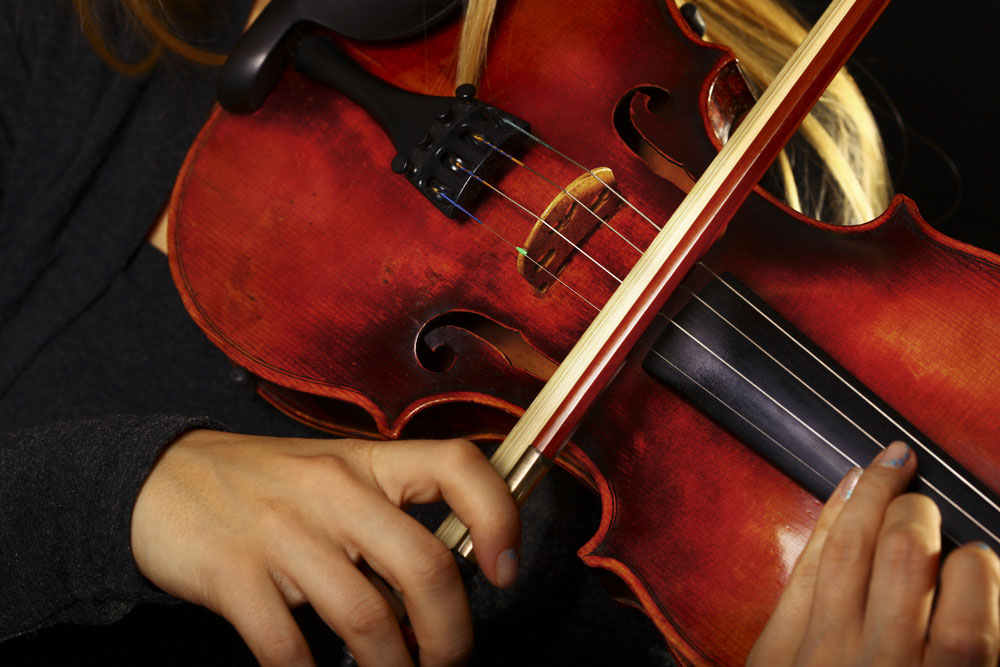A Thousand Welcomes

Traditional Celtic music with Kathleen Biggins on Sunday mornings, 8-11am.
"Celtic music originates from six main regions," explains "A Thousand Welcomes" host Kathleen Biggins. "You can hear in a particular piece of music a strain that is native to a specific region. When people migrated to other parts of the world, they took their culture and music with them."
As she is quick to note, however, "ultimately everything is connected. I can hear piping in Italy that sounds like Scottish bagpipes. Listening to WFUV during the week, I'll hear singing from Madagascar and think, 'That sounds a lot like the sean nós style.'"
"A Thousand Welcomes" has steadily built a reputation as something of an aural town square for the far-flung Celtic community. Each week, Biggins provides information about concerts and events, and she often invites musicians, teachers and other productive folks into the studio. As that reputation continues to grow, the show is reaching beyond cultural boundaries.
"There are still people discovering it," says Biggins. "They seem to enjoy the eclectic nature of the show. One minute you may be hearing music from the Blasket Islands, the next it's from New York's Kips Bay Ceili Band. I'm often told that you never know what you're going to hear next!'"
